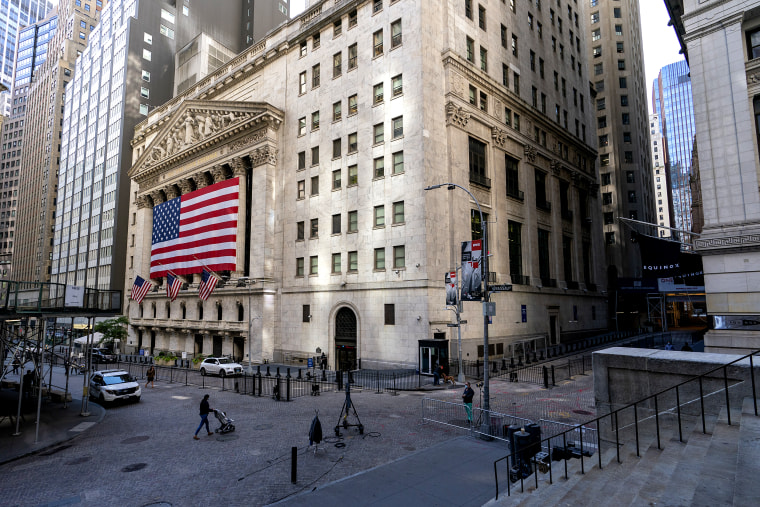Four years ago, Donald Trump tapped Mick Mulvaney to lead the Consumer Financial Protection Bureau, an agency that Mulvaney did not believe should exist. Not surprisingly, the Republican proceeded to gut the agency's enforcement efforts, aligning the bureau's priorities with the goals of the payday-lending industry.
Mulvaney was later replaced by Kathy Kraninger, perhaps best known for relaxing rules designed to shield Americans from abuse during the pandemic. Sen. Sherrod Brown (D-Ohio) explained over the summer, "The CFPB under President Trump has used this pandemic as an excuse to weaken protections for consumers -- enabling predatory lending, watering down credit reporting protections and fair lending laws, and making it easier for credit card and debit card companies to rip off their consumers."
The good news for consumers is bad news for businesses trying to rip off the public: the CFPB is back, this time with a leader who believes in the agency's mission.
President-elect Joe Biden has chosen Rohit Chopra to be the next director of the Consumer Financial Protection Bureau, two sources said. Chopra, a member of the Federal Trade Commission, helped launch the agency in 2011 and previously served as its assistant director. He is an ally of Sen. Elizabeth Warren, D-Mass., who proposed and built the consumer-focused agency.
Similarly, four years ago, Trump tapped Jay Clayton, who had deep connections to the finance industry but no regulatory or prosecutorial experience, to lead the Securities and Exchange Commission. Or put another way, the Republican White House wanted a Wall Street insider to oversee Wall Street.
It's a new day at the SEC, too.
In nominating Gary Gensler to serve as chairman for the Securities and Exchange Commission, President-elect Joe Biden is likely to please progressives, who have been agitating for more bank oversight after four years of deregulatory policy under President Donald Trump's SEC pick, Jay Clayton, who stepped down in December.
A Washington Post report added, "The choice of the Obama-era regulators to lead two key agencies overseeing the financial sector signals the incoming Biden team's intent to provide an aggressive check on the industry after four years of deregulation and light-touch enforcement under the Trump administration."
It's no secret that during the 2020 Democratic presidential primaries, Joe Biden's reputation as a longtime moderate led to skepticism among many progressive voters. Those looking for strong oversight of Wall Street and the financial industry were naturally inclined to support candidates like Sens. Bernie Sanders (I-Vt.) and Elizabeth Warren (D-Mass.).
But that's what makes the Chopra and Gensler nominations all the more notable: had Sanders or Warren been elected, these same two people might very well have been tapped for the same positions.
Postscript: It's also worth noting for context that there was a conservative Supreme Court ruling over the summer, which undermined the CFPB's independence, but it also made it possible for Biden to replace Trump's CFPB chief. Without that ruling, Biden could've been stuck with Kathy Kraninger until December 2023.
